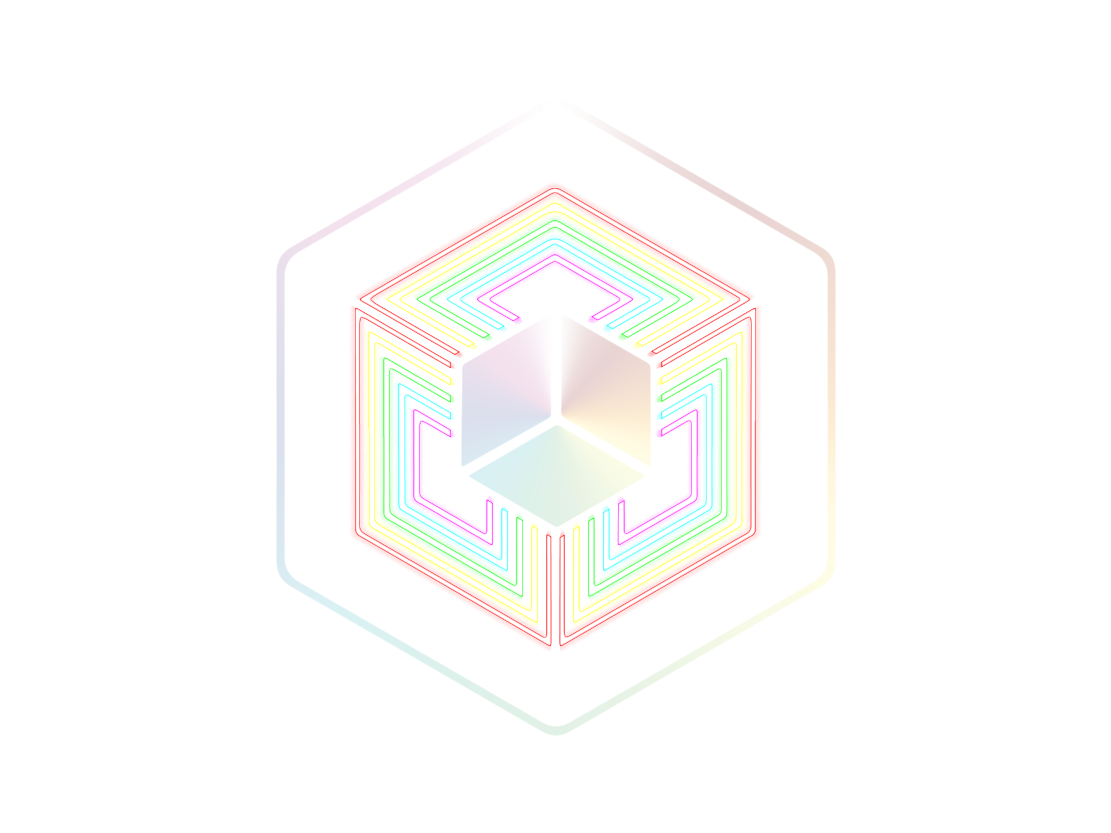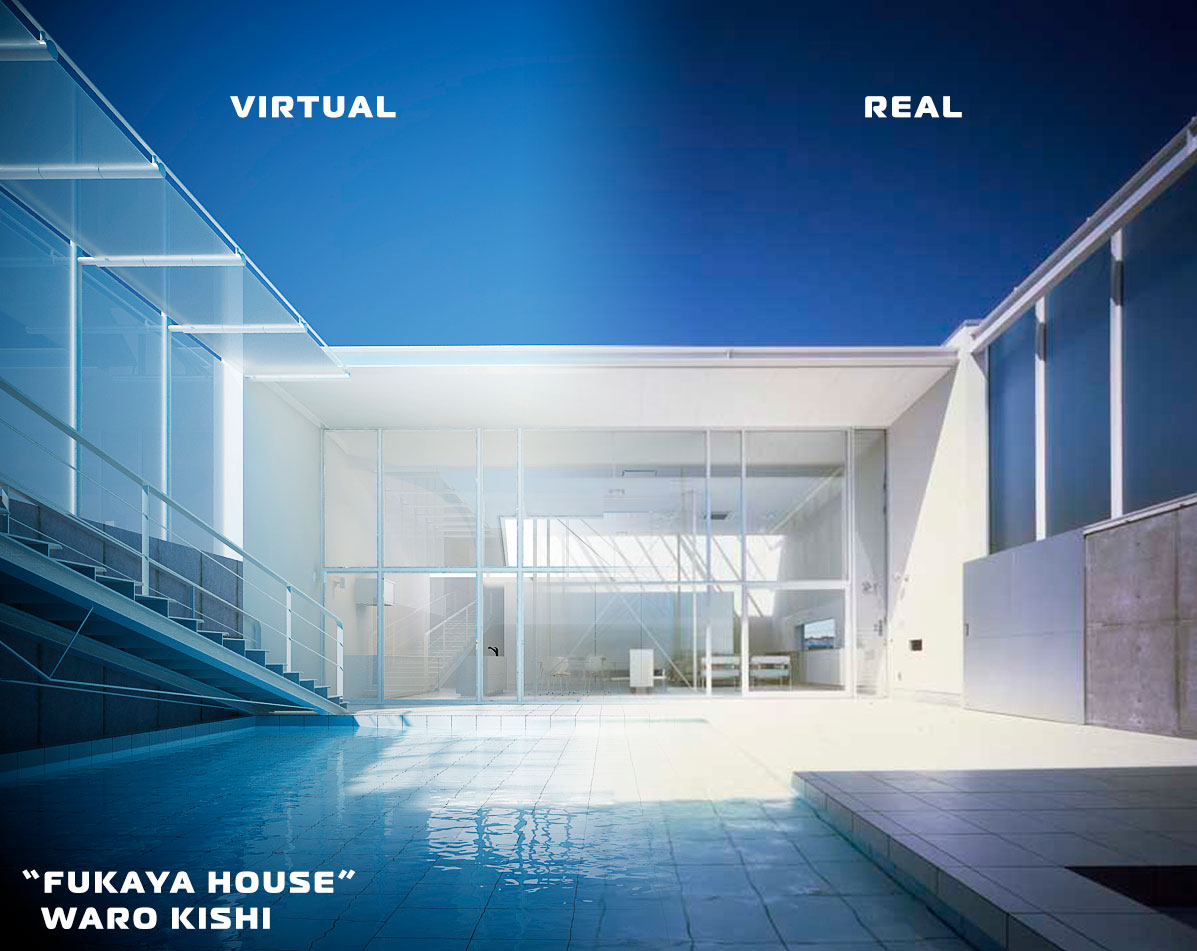
The following is taken from a Twitter series by @punk6529 which provides one of the most brilliant illustrations of the nature of ownership of property, and the similarities between NFTs and Real Estate.
:::
1/ On Real Estate
You invest in real estate – the largest and most tangible asset class in the world.
You don’t believe in any of this NFT mumbo jumbo.
What you are just buying a token? The JPG is somewhere else? What are you even buying?
2/ I regret to inform you (or, actually, am happy to inform you) that you are just like us.
You trade in in paper-based tokens with no intrinsic value whatsoever
Your assets are way off-chain.
Your “ownership” of land, houses and apartments is a 100% made-up social convention
3/ Wait what?
Imagine you are off to buy a house, on a nice piece of land, somewhere in the suburbs. Or a 1BR in NYC.
Or a farm in the heartland. Or a ranch in Montana.
Maybe the Bitterroot Fishing Cabin (15 acres, 226ETH)
4/ What does it mean to buy that ranch in Montana? What does that process actually entail?
Well, most likely you will “wire” money to the seller
(Some bits will change in a computer somewhere and you will transfer some social credits / claims on other people’s resources)
5/ Then what?
Then you will sign some pieces of paper.
Except, instead of signing cryptographically, you are using a very old technology, that of pen and paper.
A notary (a special signature priest) will watch you to ensure and assert that you signed correctly
6/ Then you will take that piece of paper to the “clerk and recorder’s” office in the “county” that the property is located.
(You had gone there before to confirm that the title was clean, that the seller wasn’t lying to you.)
Now you are back to give them the piece of paper.
7/ Excellent! All has gone well and you are the owner of 15 acres of river, grass, tree and a home.
Looks nice actually. The river curves charmingly, the mountains form a pleasing V.
The sellers assure you the fishing is good.
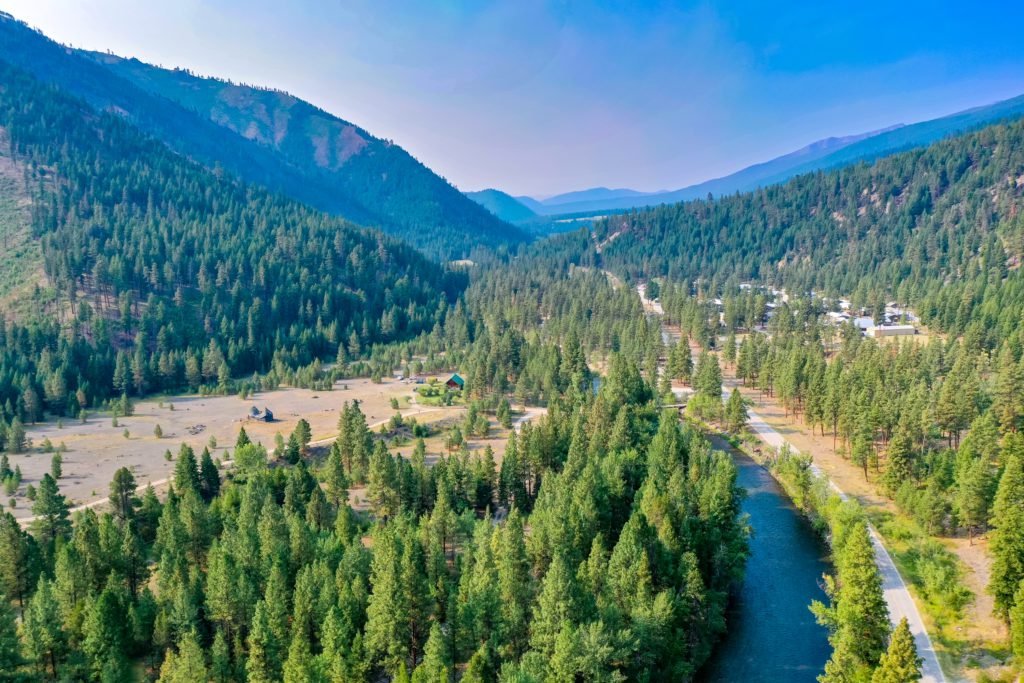
8/ There are some additional nuances, we have not covered: mineral rights, water rights, stream access, zoning, floodplains.
But you are a serious buyer, you did your diligence and all these have been dealt with.
OK, great, so what is the issue?
9/ Well, what is the issue?
The whole thing is completely imaginary make-believe, that is the whole issue.
2 people sat in a county office 20 miles away, signed a piece of paper, someone else blessed the signature and magically the land is “owned” by someone else?
10/ Does that deed automatically build a fence? No
Does that deed give you superpowers? No
Does that deed keep out people, animals, fish, storms or snow from your property? No
Does that deed do anything at all in the physical world where your property is located? Of course not
11/ The relationship between that deed and that land is exactly as “off-chain” as the relationship between an NFT token and a JPG located on a centralized server somewhere.
The link between your deed and your land is only social convention, nothing more.
12/ Owning real estate is a fairly mature concept in the West so the social convention is pretty strong and fades into the background and we forget it.
But it is all social convention that keeps a stranger out of your living room.
13/ Real Estate Social Conventions:
a) You do not go on someone else’s “private property” uninvited (“trespassing”)
b) The database of record is the title registry
c) Disputes are handled in court
d) Ultimate enforcement of a) to c) is a gun and a metal cage
14/ There are stories, perhaps apocryphal, about how Native Americans signed over land to colonialists because they thought it was laughable that someone could own the plains and the mountains and the streams.
It seems hard to imagine today, but let me help you imagine it.
15/ Imagine the vast Pacific Ocean, far out in international waters, and imagine that I assert that 1 acre of that ocean is mine.
And, I don’t know, I sign a contract with @john saying so and get @mary to “notarize” it. [names changed]
And I declare myself supreme ruler of that 1 acre.
16/ You would all laugh at me.
And the reason you would laugh at me is that today, as it relates to the vast oceans, we are pre-industrial.
We do not have the tech to practically enforce property rights thousand of miles from shore, so “international waters” it is
17/ Something like that must have been the 18th and 19th centuries on the vast American frontier.
Endless mountains, forests, plains and rivers and a ragtag bunch of guys on horses riding around declaring “I am the supreme ruler of this mountain”
If you were around, you’d laugh
18/ But we did industrialize on land and more people with guns came, and they shot people who were on “their” land.
And then as more and more people came, we become more refined.
Less shooting, more magical ceremonies at the county office, laws, judges.
19/ Everything human is social convention, myth, memes, stories.
That you can “own” the land, the water, the minerals, the air above it, is a social convention, a meme, a myth.
The title deed, the play-acting, the notary is the play-acting of that myth.
20/ You don’t see real estate ownership as social convention because you and your grandparents and their grandparents grew up with it, it seemed normal.
And so it feels real, even though it is just a story we all agree to believe, a game with commonly agreed rules
21/ Soon digital ownership will feel the same way.
It already does to me, because I am 8 years in and my social convention has shifted.
It might feel that way to you.
If not you, your children
If not your kids, for sure your grandchildren
22/ And digital ownership will work the same way, with social convention.
The token is the title deed.
What that specific token means is all social convention.
The one difference is we have less need for guns.
At least digitally, we enforce our rights with math, not bullets
23/ If someone trespasses in my house, I might need muscles or a gun to get them out.
It would be hard for someone to digitally trespass on my tokens
Of course, they might go after the keys IRL, but that is a derivative approach.
The digital tokens themselves are quite safe
25/ And NFTs are make-believe in that sense, a social convention, a meme, a myth, a game with mutually agreed rules, where we all agree that token 78000313 represents this image below
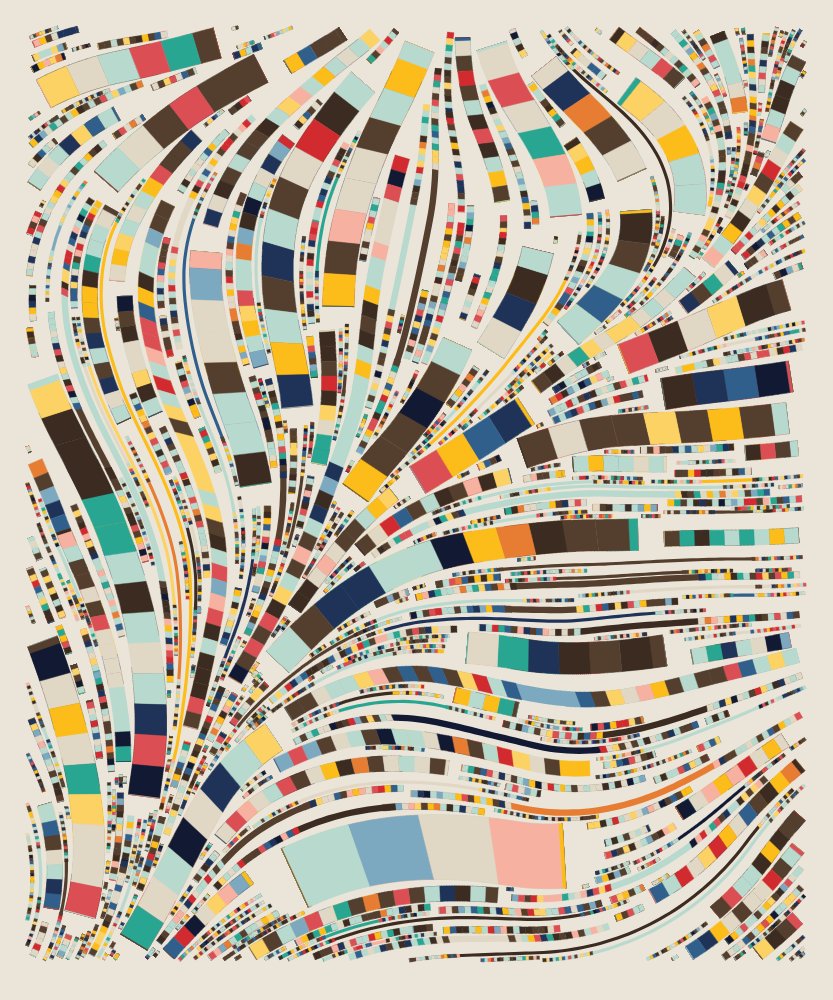
26/ The breakthrough is to understand that everything else in society is exactly that way too.
There is a piece of paper, in a filing cabinet, in some small office in Montana, that we all agree represents the land, trees and water in this picture below.
It is weirder tbh.
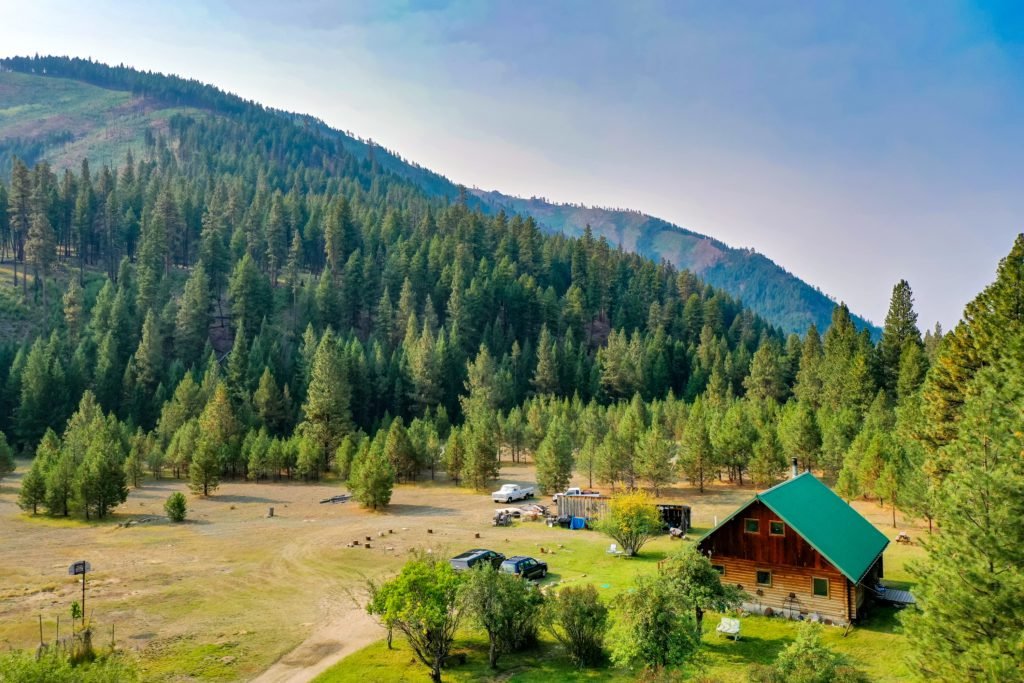
27/ Inevitably, some real estate attorney will mansplain to me that “but there are **laws** specifically describing the relationship between that piece of paper and the land”
The answer to this is: “so what?”
28/ My view is that existing laws are perfectly sufficient for tokens to represent art.
In the event that, for some reason they are not, we can make additional laws.
There was a time, for example, when we did not have e-signatures and now we do.
It is OK to learn new things.
29/ I can see from the replies that this thread is going to disconcert a lot of people.
“but I have rights to my property”
Yes ser you do, but where did those come from?
The universe itself or because a couple of hundred years in Montana we decided a human can own a stream?
30/ Do the stream and the mountain know that they are owned? Do they care that they are owned?
It is just a game among humans – “this is *my* stream and I can fish here and you can’t”
And we are playing a cryptographic game, I can move Fidenza 313 token and you can’t.
31/ People are passionate about property rights and I am glad they are. I suspect society works better with the feeling of “ownership”
The goal of project open metaverse is to ensure you have property rights in a digital world too
That you are not a serf on someone else’s land
– Written by @punk6529
